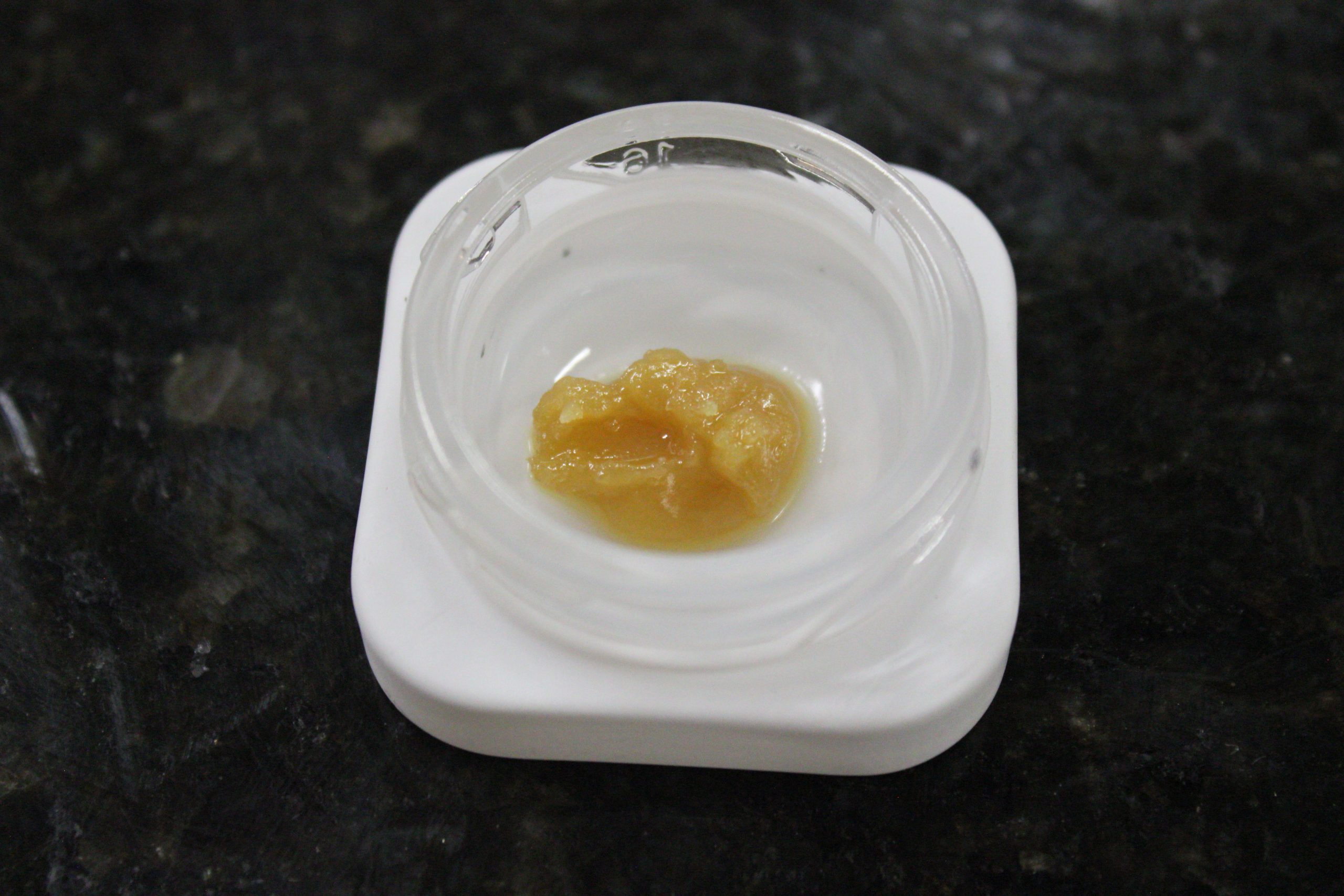Difference Between Rosin And Wax, Cannabis concentrates have gained immense popularity in recent years, offering a potent and versatile way to consume the plant’s active compounds. Among these concentrates, rosin and wax are two distinct forms that cater to different preferences and consumption methods. In this article, we will delve into the characteristics, production methods, and applications of rosin and wax, shedding light on the nuances that set them apart.
Rosin: Nature’s Solventless Extract
Rosin is a solventless cannabis concentrate that has gained significant attention for its purity and simplicity. It is produced through a process that involves applying heat and pressure to cannabis flower or hash, which causes the trichomes to release their essential oils. The resulting resinous substance is then collected and further processed into a pliable, amber-colored concentrate.
Characteristics of Rosin:
- Solventless: One of the key features that differentiate rosin from other concentrates is its solventless nature. Unlike extraction methods that use chemical solvents like butane or CO2, rosin relies solely on heat and pressure to extract cannabinoids and terpenes.
- Purity: Rosin is often praised for its high purity levels, as it contains only the compounds naturally present in the cannabis plant. This means that there are no residual solvents or chemicals that could potentially compromise the quality of the concentrate.
- Texture Variations: Rosin can be found in various textures, including shatter, sap, and budder, depending on factors such as temperature, pressure, and the starting material used in the extraction process.
- Flavor Profile: Due to its solventless extraction method, rosin is known for preserving the full spectrum of terpenes, resulting in a rich and robust flavor profile that closely mirrors the original strain.
Wax: The Butane Hash Oil (BHO) Extract
Wax, on the other hand, is a type of cannabis concentrate that falls under the category of Butane Hash Oil (BHO). It is produced using a solvent-based extraction method, where butane is used to dissolve the trichomes from the cannabis plant material. The resulting solution is then purged to remove any residual solvents, leaving behind a highly potent and malleable concentrate.
Characteristics of Wax:
- Solvent-Based Extraction: Wax is produced using solvents like butane, which facilitates the extraction of cannabinoids and terpenes from the cannabis plant material. This method allows for a more efficient extraction process compared to solventless methods.
- Potency: Wax is known for its high potency, often boasting THC levels well above 60%. This makes it a popular choice for users seeking intense and immediate effects.
- Texture Varieties: Wax comes in various textures, including crumble, honeycomb, and budder. The texture is influenced by factors such as the purging process, temperature, and the specific strain used.
- Flavor and Aroma: While wax retains some of the original strain’s terpenes, the extraction process can sometimes result in a slightly altered flavor profile compared to rosin.
Conclusion
In summary, rosin and wax are both popular forms of cannabis concentrates, each offering unique characteristics and benefits. Rosin stands out for its solventless extraction method, purity, and rich flavor profile, while wax is prized for its high potency and versatility in texture. Choosing between the two ultimately comes down to personal preference and desired effects. Whichever concentrate you choose, always ensure it is obtained from a reputable source and consumed responsibly.
You Might Also Like This:

